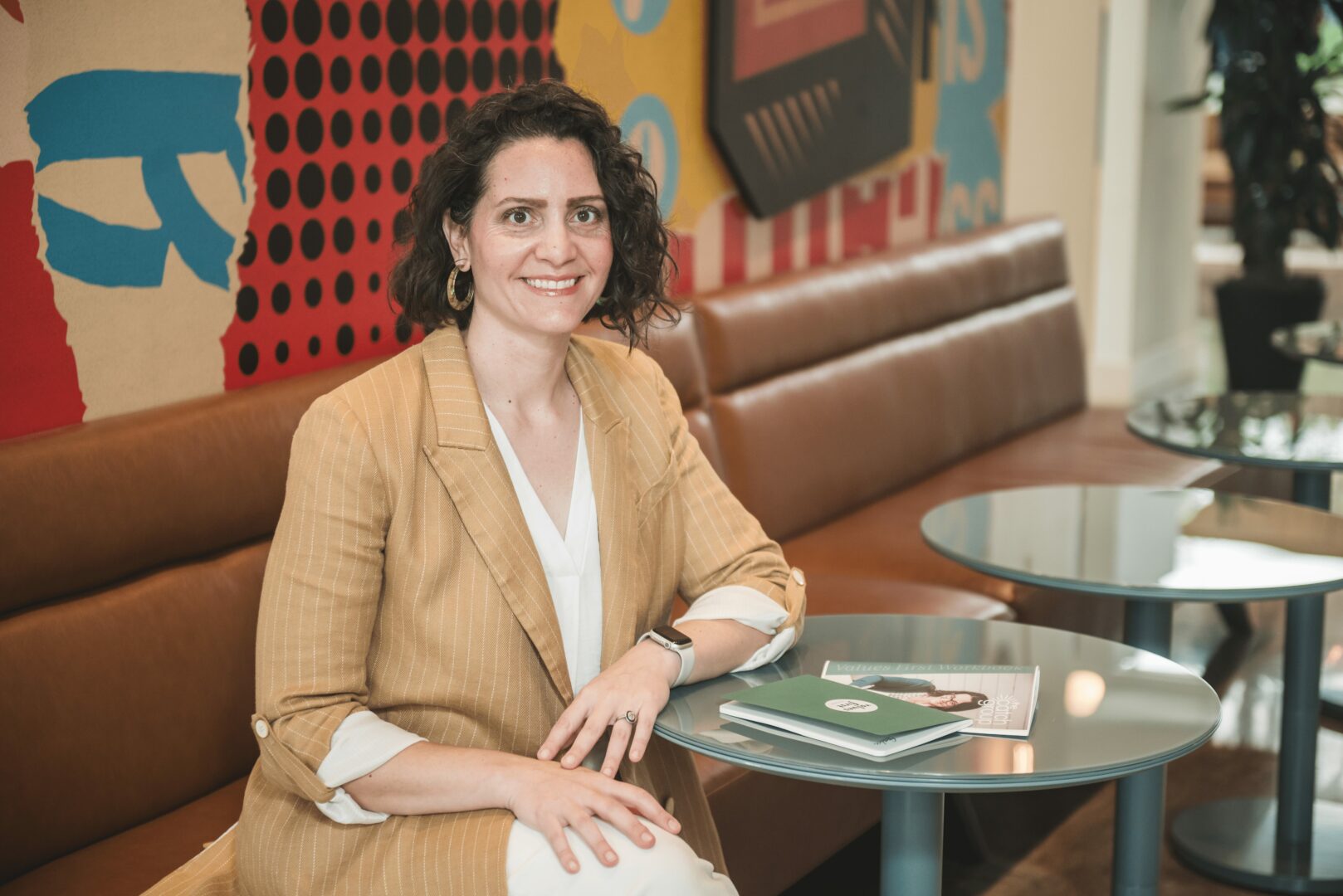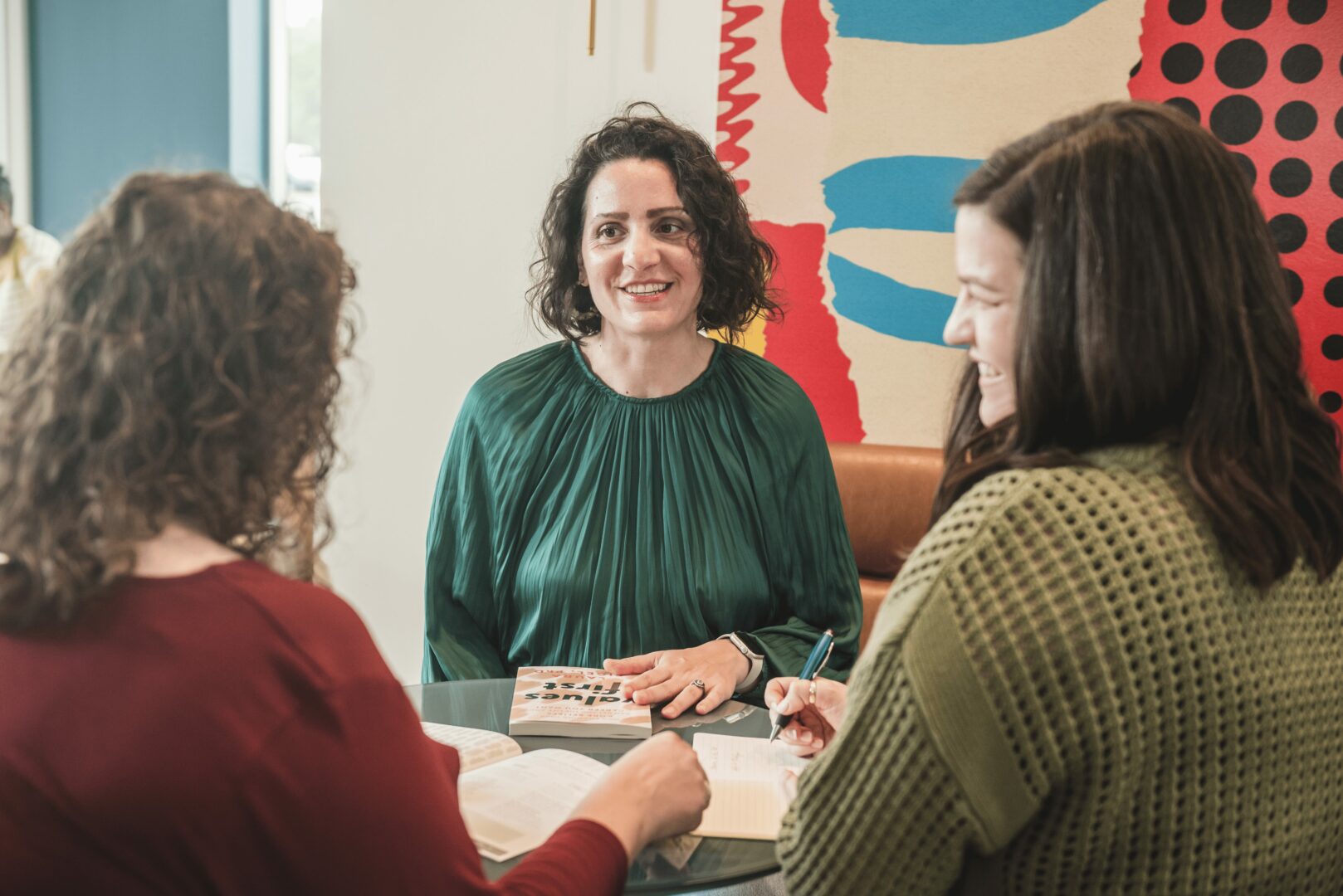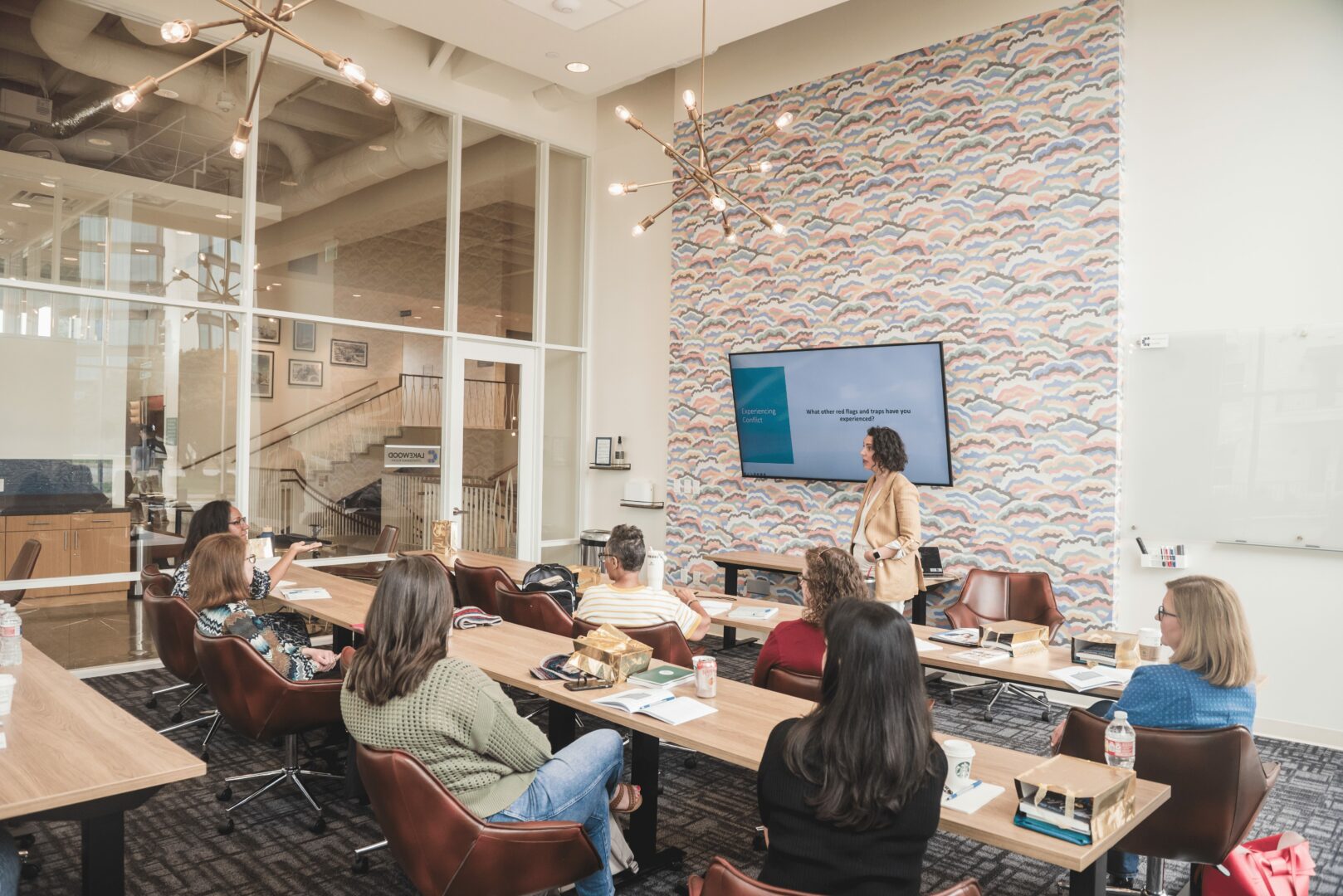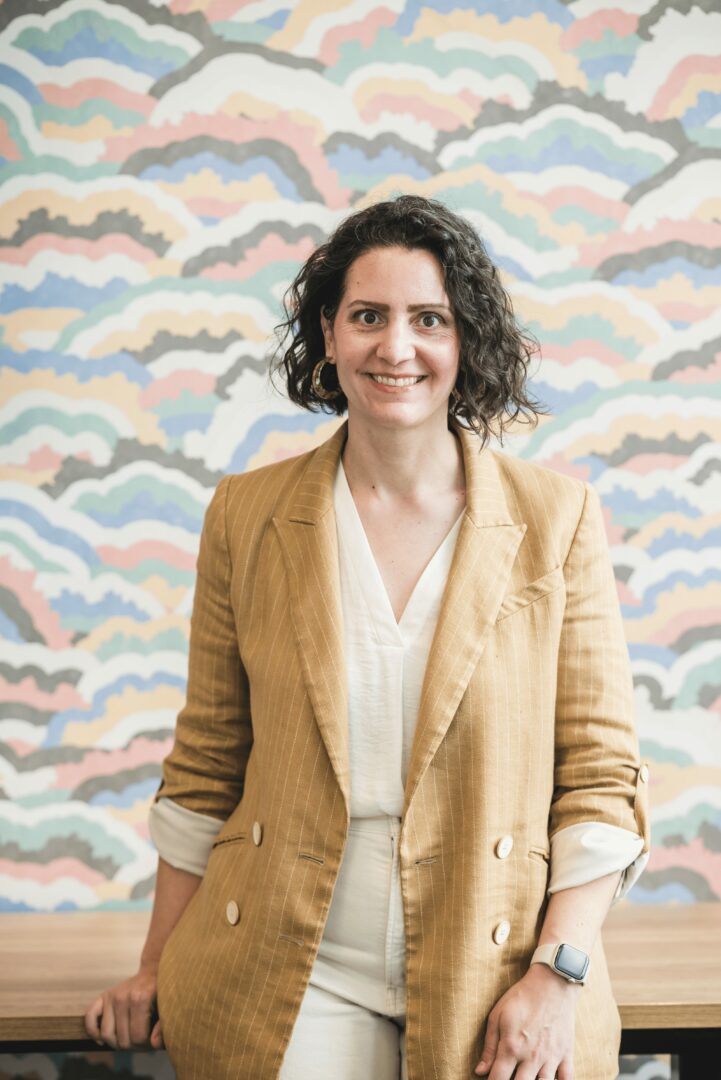We recently connected with Laura Eigel and have shared our conversation below.
Hi Laura , thank you so much for opening up with us about some important, but sometimes personal topics. One that really matters to us is overcoming Imposter Syndrome because we’ve seen how so many people are held back in life because of this and so we’d really appreciate hearing about how you overcame Imposter Syndrome.
As a child, I was a straight A student. Good grades were rewarded with praise and sometimes even a five dollar bill in our family. Getting good grades was one of they ways I got attention, as the third of four kids.
Even with consistent good grades, I always compared myself to others. Comparing my grades to the grades of smarter kids in m honors classes. Comparing my clumsy self to my athletic sister. Comparison that wasn’t made by anyone really but me, internally. Internally and eternally comparing myself to higher standards that felt impossible to attain.
So I kept achieving, which meant finishing undergrad in three years, getting my Masters in Experimental Psychology, and completing my PhD in Applied Psychology at 25. After spending my life achieving academically, I’d learned that through hard work and dedication (and the privilege that I have as a white woman), that I could excel. Now I’d just need to do that same thing to get a job, right?
Wrong.
I was a newly minted PhD, with a little bit of consulting experience, and a heap of imposter syndrome. What did I really know? Even with a PhD?
I attended a job fair at a conference and reviewed job descriptions to dream jobs I wished I could get. The experiences listed were ones that I clearly didn’t have yet. I had learned about most of these things in school, and had done some of it in project work, but I didn’t check the boxes. So, I didn’t apply.
My negative inner dialogue kept me from submitting my resume to multiple jobs. If you don’t apply, you can’t get rejected. By not applying, I had disqualified myself from the opportunities. Imposter syndrome was winning.
I took lap around the conference and went back into the job center. I picked out a few jobs close to home that seemed ideal. I reread the job descriptions. In my mind, I heard the voice of my professor from my program evaluation class, “After this class, you’ll know how to evaluate anything. You’l be able to go into any situation because you’ll know what to do, even if you’ve never done it before.”
I love to learn. I can figure this out, I thought. In that moment, centering in what I knew was true – that I loved to learn and be challenged – I knew that I had to do. I stared at my resume, and the physical box to submit it in. Resume, box, resume, box. I held my breath and quickly shoved my resume in, and then ran out of there as quickly as I could so I couldn’t change my mind. Such a rule breaker, applying for a job that I wasn’t qualified for.
In the end, guess what job I ended up getting? The one I almost didn’t apply for.
I still get imposter syndrome, even today. But the difference now, is that I center myself in my values. I center myself in what’s most important, in what I know to be true about myself. My values are growth, development, and achievement. Learning and growing is important to me.
Now, when I doubt myself or when I find myself in comparison mode, I center myself in my values. I know that I’ve always figured it out, and will be able to again. I still experience imposter syndrome, but it doesn’t last as long now. I can recognize the uncomfortable feeling of it, and I can use my values to ground me in what’s true instead of the lies of imposter syndrome.
Now, I coach and teach leaders how to do that through gaining clarity of their values and using those as the foundation. Values can be the foundation of how you made decisions, how you prioritize your time, and how to build a fulfilling career.

Thanks for sharing that. So, before we get any further into our conversation, can you tell our readers a bit about yourself and what you’re working on?
I’m the founder of The Catch Group, a consultancy that builds values-based cultures through coaching solutions and senior leader advisory services. I’m an organizational psychologist by training with my PhD. I’ve had a twenty-year career as a human resources executive in Fortune 50 companies, including C-suite experience as the Chief Learning Officer at YPO.
I use my Values First Framework, from my book: Values First: How Knowing Your Core Beliefs Can Get You the Life and Career You Want, to help clients focus on leading with values to create inclusive cultures through authentic leadership.
My values of family, growth, development, achievement, advocacy, and balance motivate me to lead authentically. I’m known for giving direct feedback and pushing leaders to answer tough questions about behaviors that hold them back.
I love to talk about all things values and leadership as the host of the You Belong in the C-Suite podcast, which is ranked in the top 5% of podcasts globally. I’m also the program director of Southern Methodist University’s Organizational Psychology Masters program.
I’m also a mom, wife, and true-crime podcast fan who loves rowing on and off the water.

Looking back, what do you think were the three qualities, skills, or areas of knowledge that were most impactful in your journey? What advice do you have for folks who are early in their journey in terms of how they can best develop or improve on these?
1) Growth mindset
2) Give and receive feedback
3) Self awareness
Start as early as you can to get good at giving and receiving feedback. This is a game changer as a leader and manager. You can start this early in your career by letting your manager know that you want to receive their feedback, and to let them know the best way to provide it (informally, in a 1:1 or via email). Then, get good at giving feedback – start by providing people with specific examples when things go well, the impacts of their contribution. When you need to give feedback for opportunity, they have already seen you give feedback and will most likely be open to receiving it.

What has been your biggest area of growth or improvement in the past 12 months?
My biggest area of growth in the last 12 months has been in learning to row on the water.
For years, I’ve been rowing indoors on a rowing machine and have loved that workout. I’ve wanted to try rowing on the water for many years, but I had never prioritized it. Finally the stars aligned, and I was able to sign up for a Learn to Row class and learned to row with other adult beginners.
While learning to row on the water has been physical, the biggest learning and growth that I’ve had by far has been mentally. I’ve had to get out of my comfort zone, without a life jacket per se.
I’ve had to let go of perfectionism, and really be patient with my own learning journey. I thought it would come easier to me, because of my experience on the rowing machine. However, the simulation isn’t like the real thing!
I’ve been rowing on the water for a year now and have gotten better with experience, but most importantly have found growth in the journey.
Contact Info:
- Website: https://www.thecatchgroup.com
- Instagram: https://www.instagram.com/thecatchgroup/
- Linkedin: https://www.linkedin.com/in/lauraeigel/

so if you or someone you know deserves recognition please let us know here.




